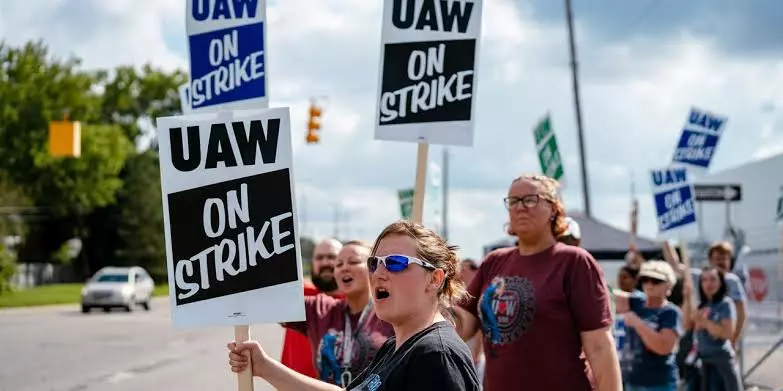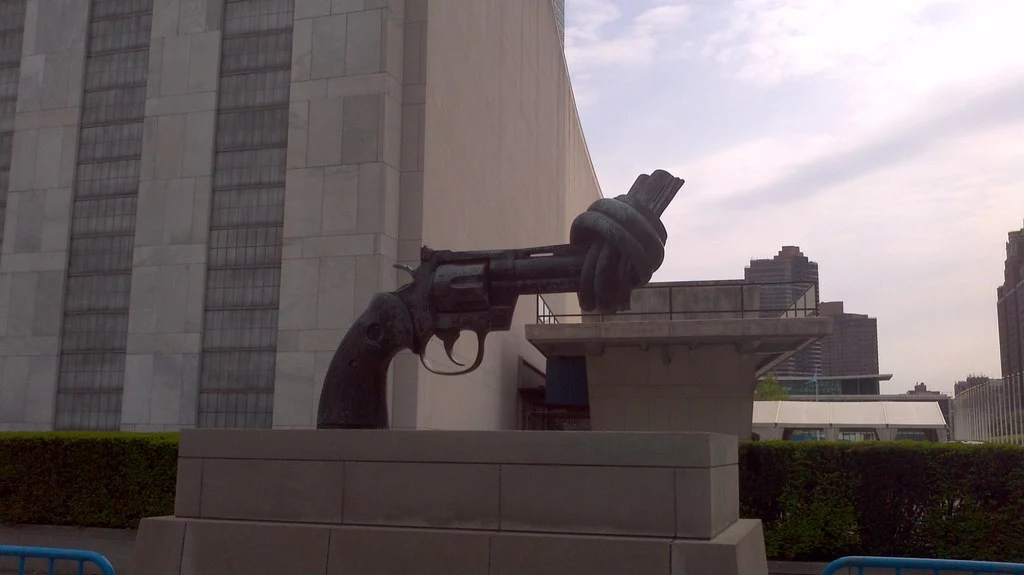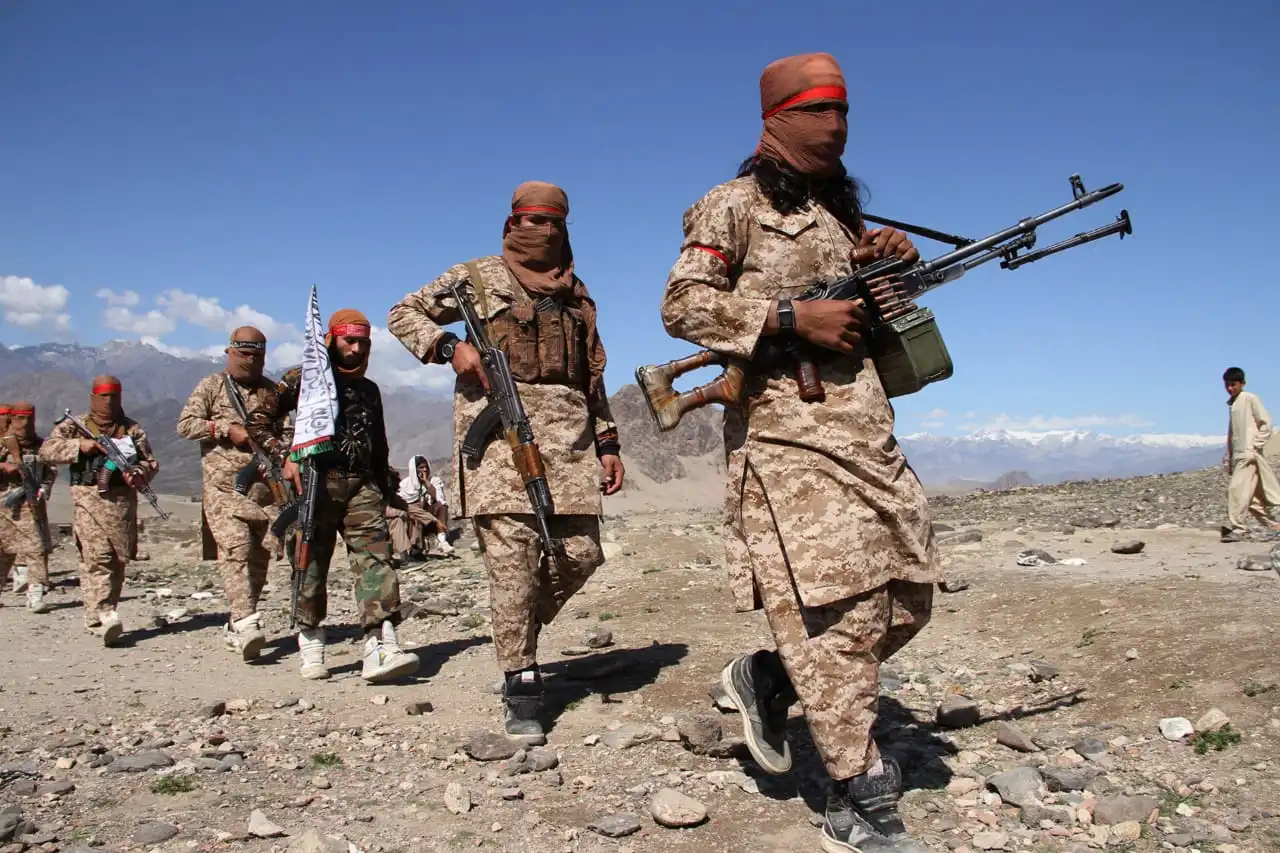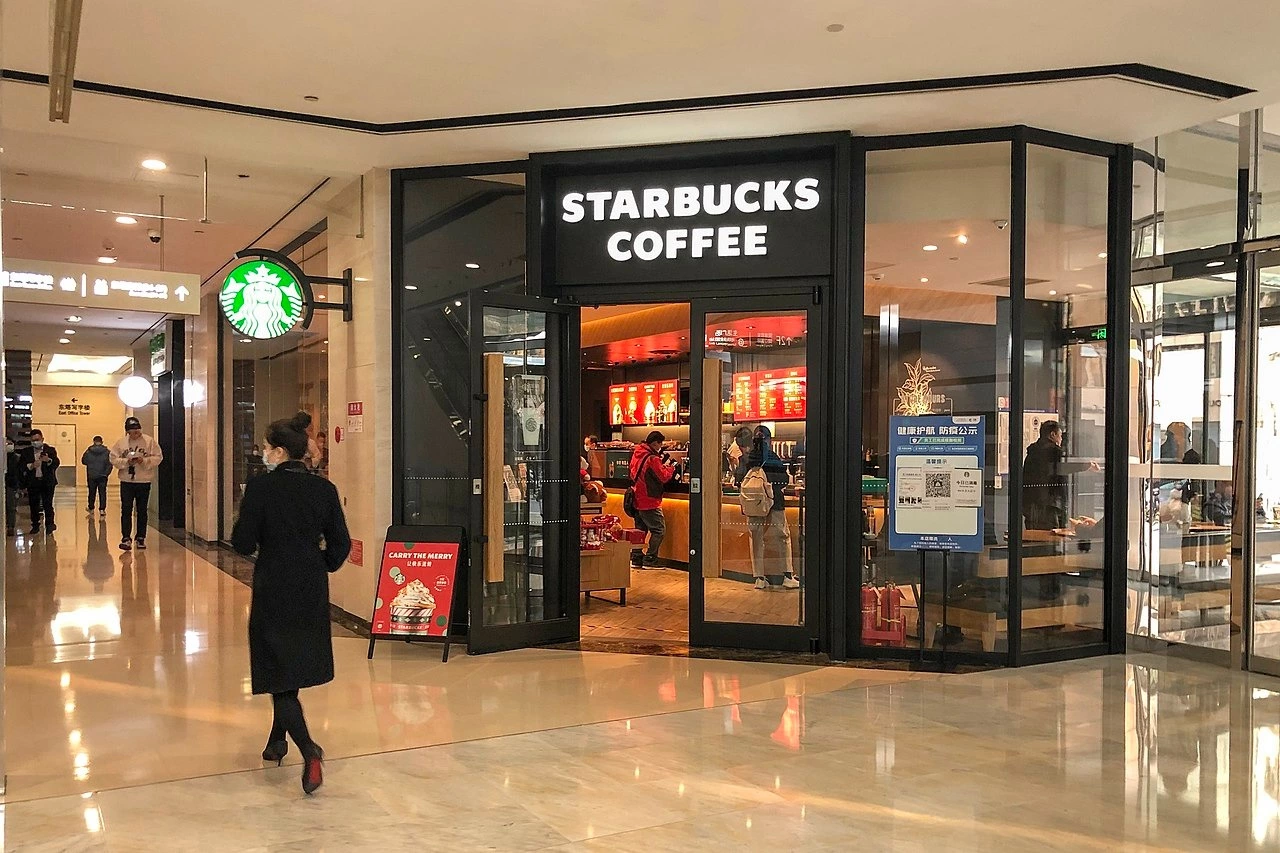Before the month was even over, October 2021 already had a nickname: Striketober! Now we have stepped into Strikevember. More strikes have taken place this month and last than occurred in all of 2020. On October 5, 1400 workers at Kellogg’s cereal plants in four states went on strike to block the company’s concessionary demands. They are members of Bakery, Confectionary, Tobacco workers and Grain Millers (BCTGM), which recently struck Frito Lay and Nabisco. That’s three strikes involving thousands of workers by a union with under 65,000 members. Now the Kellogg’s strike is in its second month. Not one union member has crossed the picket line. The company has tried to start up production with supervisors and employees of a temporary agency hired to break the strike — but without much luck. The community support for the strike is tremendous. Kellogg wants to cut health care benefits, pensions, holiday and vacation pay, cost of living raises and union jobs — and to add insult to injury, take the union label off the cereal boxes. The company wants to keep a two-tier system whereby future workers will pay more for health care and will not collect a pension when they retire. As the union explains, “A two-tier system is a devious way for employers to slowly, but surely, take power from union members, their contract, and their union. The company is trying to divide the workforce by asking the current workforce to sell out the next generation of Kellogg workers.” (bctgm.org) These workers have put in long hours of hard work throughout the pandemic. That a small union would take on Kellogg and two other Fortune 500 companies in a few months time is indicative of a new mood of militancy in the working class. Health care workers are on the move. More than two dozen California hospitals have seen strikes and 24,000 members of United Nurses Associations of California/Union of Health Care Professionals overwhelmingly approved a statewide strike against Kaiser Permanente. By the time you read this Kaiser nurses in Oregon may be striking. Nurses in Worcester, Massachusetts, on strike at St. Vincent hospital have been out since. In Buffalo, New York, 2000 health care workers followed suit at Mercy Hospital Oct. 1. They will be voting on a new contract and may go back to work. Most recently, health care workers in Huntington, West Virginia walked out. The West Virginia hospital workers are joined by several hundred members of the Steelworkers union who have been on strike at Special Metals for several weeks. Alabama coal miners have been on strike against Warrior Met — and indirectly major stockholder BlackRock, a Wall St. hedge fund — since April 1. Graduate student workers had a three-day strike at Harvard University and are currently on strike at Columbia University. Workers tell John Deere: No more tiers! Another 10,000 workers began a strike Oct. 14 against John Deere, hitting 14 plants in Iowa, Illinois, Kansas, Colorado and Georgia. This strike is the first in 35 years against the agricultural and construction equipment company. Over 90% of United Auto Workers members at Deere rejected the first contract presented to them. The media emphasizes the company’s offer of 5-6% raises. But annual inflation is over 6%. The two-tier pay scheme in place since 1997 — still paying “post-1997” workers substantially less — remains intact. Deere wanted a third tier with future workers ineligible for pensions. A second contract, better than the first, was also voted down. The strike continues as John Deere is poised to make nearly $6 billion in profits this year — an all-time record. The rank and file aren’t having it. Two strikers, speaking on a zoom call with rank-and-file United Auto Workers activists, complained of “disrespectful” management and the mistreatment of workers deemed “critically essential” because they manufacture farm equipment. Community support has been “overwhelming.” In a tight labor market Deere employees have logged hours of mandatory overtime. From a strike standpoint this means two things: one, workers are angry, two, many workers have savings and can withstand the hardships of a long strike. The difficulty in finding workers may have been a factor in negotiations between the film and television industry and the International Association of Theatre and Stage Employees. Some 60,000 IATSE members were set to begin a countrywide strike Oct. 18, lifting the total number of current strikers to over 100,000. Members are now voting on a new contract. There could still be a strike, which would bring Hollywood production to a halt, if the workers vote no. Many are concerned that the issue of breaks between work shifts is not adequately addressed. Unorganized workers show courage and creativity. Many actions of unorganized workers — often atomized or with only a handful of coworkers — are still of an individual character. Millions of workers have left their jobs, a record 4.3 million in August. The lowest paying jobs are seeing the highest number of quits. But organized group quits are becoming a trend. From fast food restaurants to dollar stores to trendy microbreweries, workers are leaving their jobs together and posting signs saying the place is closed because “we all quit.” Other workers are using their power at the point of production to demand changes — not only in compensation and working conditions but in corporate policy. Amazon white collar workers have walked out over the company’s contribution to the climate catastrophe. McDonald’s workers have stopped work to protest sexual harassment. Transgender workers at Netflix held a walkout over the continued streaming of an anti-trans comedy special by Dave Chappelle.

A number of unions, including the Teamsters, are planning a huge unionization drive at Amazon. The newly-formed Amazon Labor Union recently filed for a union representation election with the National Labor Relations Board. After the Board ruled that Amazon engaged in illegal union-busting tactics to defeat a union in Alabama, union organizers are gearing up for a new election there. In Buffalo, New York, young baristas are taking on Starbucks, preparing for a representation election and disrupting the company’s anti-union propaganda meetings. The power of the working class to resist capital is amplified in a tight labor market. But capitalism has faced a generalized systemic crisis for decades. At a dead end, it is driven to squeeze as much productivity from workers as possible and at the same time cut labor costs to the bone. If companies are paying higher wages they are getting it back and then some by making workers work harder and longer.

How can our side win? The current uptick in strike activity and workplace resistance reflects the sharpening of class antagonisms. The big question is, how can the workers tip the scales in their favor? A popular slogan on picket lines is “One day longer, one day stronger!” This expresses the determination of the strikers to hold out as long as it takes to win their demands. But as a strategy it has been proven inadequate against an aggressive capitalist class determined to maximize exploitation with a heavily militarized state at its disposal. Too often, striking unions obey a court injunction limiting the number of pickets and strikebreakers are able to cross the picket line. Workers eventually go back to work with a weak contract — or, worst case scenario, they are permanently replaced.
The percentage of U.S. workers with a union has hovered around 10% even though polls show workers favor unions by a substantial margin. It will take a broad, global class-wide movement to turn the tide in labor’s favor, for both organized and unorganized workers. As Workers World Party First Secretary Larry Holmes explains: “From a genuine Marxist perspective, as the changes in the productive forces bring more workers across the planet into contact with each other, class-wide solidarity becomes not only more practically possible, it also becomes more necessary. Indeed, without greater political and strategic solidarity, the capitalist ruling class will use technology and globalization to isolate and atomize the working class. “It is in this context that we should understand the importance of mass working class solidarity, which means workers who are not directly affected by a particular struggle, organizing themselves to support other workers anywhere and everywhere who are at the center of a particular struggle, be that struggle small and local, large and global.”
Martha Grevatt, Managing editor for Workers World. She is a retired executive board member of United Auto Workers Local 869.






